
Pharm Exec sits down with Steve Collis, CEO of AmerisourceBergen to discuss his agenda for retooling the drug distribution giant.

Pharm Exec sits down with Steve Collis, CEO of AmerisourceBergen to discuss his agenda for retooling the drug distribution giant.

Success in the emerging markets depends significantly on navigating the myths and mental traps.

The time is right for industry to overcome its social media phobia once and for all.

Can cooperative ties between Big Pharma, NGOs, government, and international organizations pay the freight in making the fight against neglected diseases a permanent fix in global health?

Pharm Exec talks to Dr. Mel Spigelman, President and CEO of the TB Alliance, about the organization's tuberculosis priorities.

Especially when payers come to the table holding the best cards - leaving industry second-guessing its strategy.

When it comes to the emerging markets, executing a few key elements of success are more important than ever.

A Q&A with Kristin Peck, the drugmaker's Executive Vice President, Worldwide Business Development and Innovation.

No one doubts the importance of health expenditures ? but then, euros, like dollars, don't grow on trees

Social media now gives companies a plethora of creative ways to digitally spread recent company news and keep customers informed

A Q&A with Andrew Webber, President and CEO of the National Business Coalition on Health

Pfizer's crizotinib development program combined organization, art, and science-and a large dose of unforeseen risk
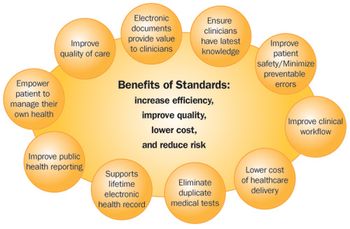
The payoff is superior performance in key areas such as clinical trials
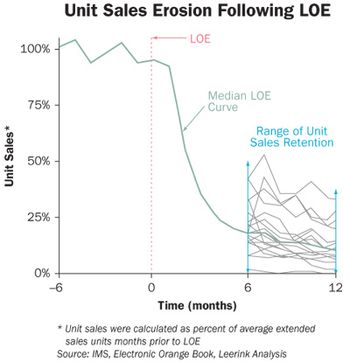
Patent expiries are inevitable, but brand teams should look to graduate the sales curve
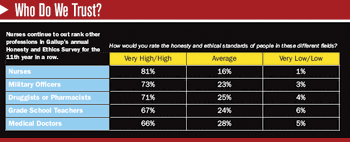
Suggestions for testing new ways of addressing difficult issues of risk

With an emphasis on short-term objectives rather than long-term goals, pharma is missing a huge opportunity in applying market science to drive adherence
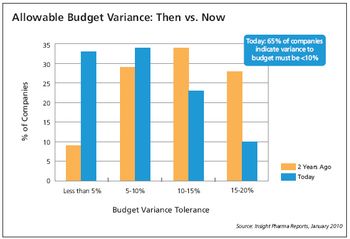
Increased efficiency and lower operating costs for both CROs and vendors can be achieved by eliminating activities

There's been much talk of how US health reform will impact physicians, patients, and insurance companies. But how will it affect the often overlooked specialty drug market?
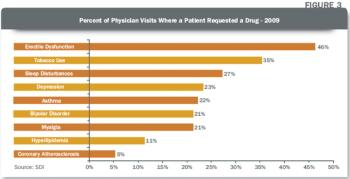
Brand managers choosing to advertise an anti-depressant on "Criminal Minds" may not be making the best choice. New methodologies reveal "Law & Order: Special Victims Unit" along with "The Bachelor" to be shows favored by depressives

Tracking, monitoring, and trend evaluation is not enough. Companies must now do more than assess what happened and why.

Will Roche's precedent push the regulatory community to create standards that will level the playing field for all contenders?
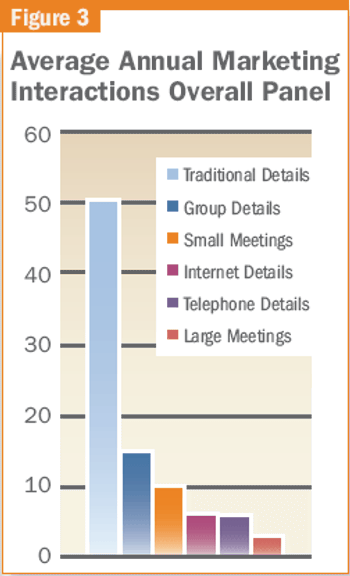
Marketers need to understand how informal influencers are beginning to replace traditional channels as the favored way for doctors to receive product information from drug manufacturers, and, in turn, how best to leverage peer influence in designing effective meetings and events

A new leader, a big acquisition, and a bold investment in HIV may all be in the works at Gilead. But what will it take to restore the glory days?

Pfizer's VP and Assistant General Counsel for Global Patents and Policy, Roy Waldron, discusses its collaborative strategy to refresh the face of IP

When neither attitudes nor personality drive behavior, Pharma must look to social norms to understand consumer adherence issues